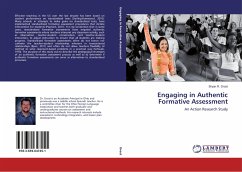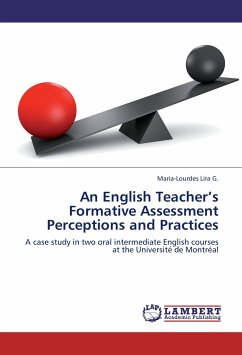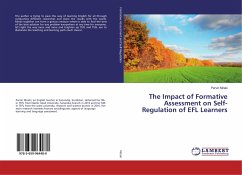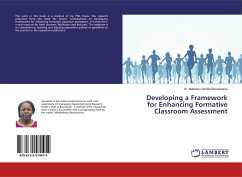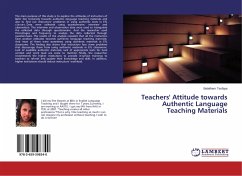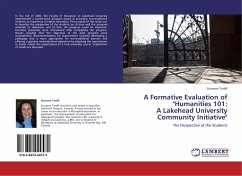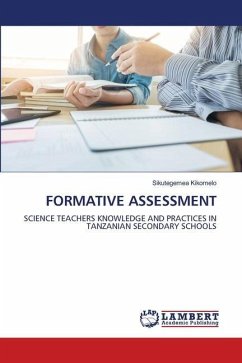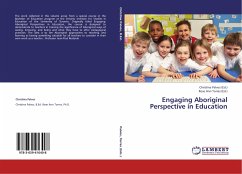Effective teaching in the US over the last decade has been based on student performance on standardized tests (Darling-Hammond, 2010). Many schools, in attempts to make gains on standardized tests, have implemented standardized formative assessment procedures that dictate intervention for students (Popham, 2011). It is my contention that in some cases, standardized formative assessments have negated authentic formative assessments where teachers interpret any classroom activity, such as observation, teacher-student conversation, and teacher-student interaction, to adjust instruction to ensure that all students are making progress. Standardized formative assessments often do not honor nor cultivate the teacher-student relationship inherent in transactional relationships (Ryan, 2011) and often do not allow teachers flexibility of method to solve classroom-based problems in a practical way (Schwab, 1970). The purpose of this study was to describe the pedagogical strategies of an authentic formative assessment process as well as to determine if authentic formative assessments can serve as alternatives to standardized processes.
Bitte wählen Sie Ihr Anliegen aus.
Rechnungen
Retourenschein anfordern
Bestellstatus
Storno

